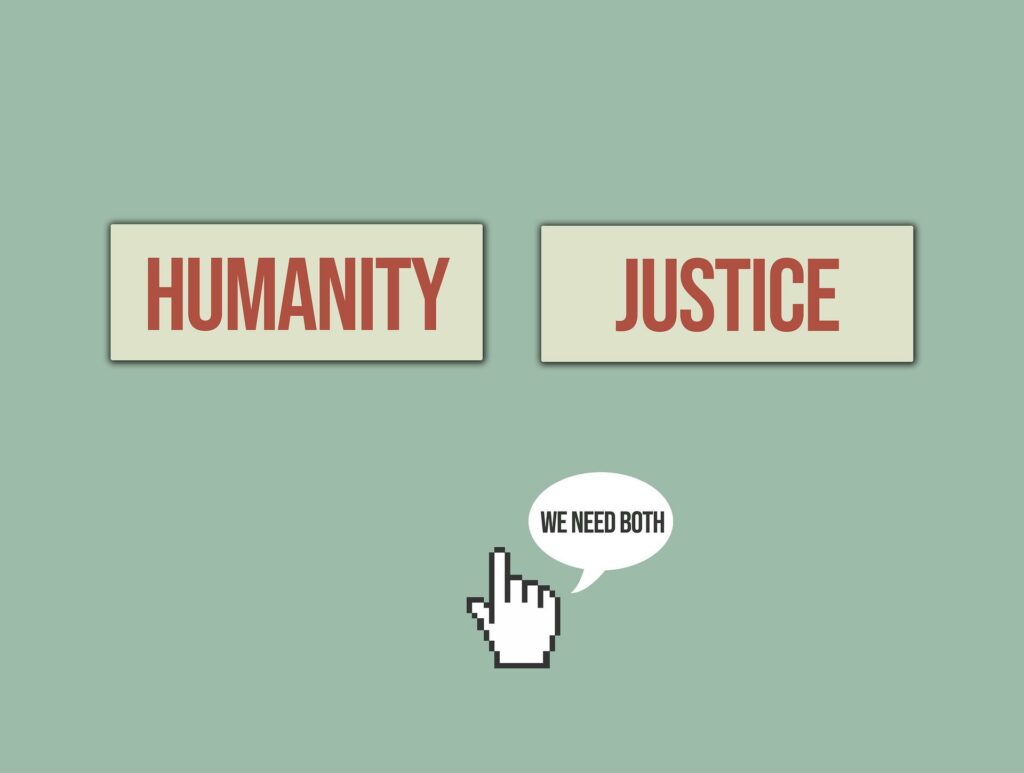Knowing Across Cultures: Exploring the Foundations of Moral Reasoning Across Cultures

Instructor: Keith Jaggers
Offered Fall and Spring Semesters
The seminar will engage students in the exploration of different ways of knowing across cultures by understanding different cultural perspectives and analyzing how cultural values differently inform research methodologies. The seminar considers how cultural values inform what counts as knowledge, and by whom; the methods employed to gain or affirm knowledge; the values attributed to knowledge; and moral implications of how knowledge is constructed, evaluated, and reproduced. Specifically, this course will provide experiences for students to critically and analytically reflect on how power, privilege, cultural identities, historical frameworks, social systems, and cultural backgrounds influence what we know about self, others, and the world. These reflections will involve examples of how social and historical gaps, omissions, and shifts in knowledge, including what is not known, what cannot be known, and what is un-known (which may have been disregarded, discarded, or forgotten) often reflect competing cultural perspectives and values. Students will also learn to understand the effects of cultural bias on the interpretation of facts, empirical data, observation, and experience, and how this shapes understandings of the possibility for certainty and objective knowledge. In this way, students will explore how cultural values inform and influence which research methodologies are used for knowledge production, construction, and acquisition. By analyzing contemporary case studies or issues on a theme, students will further integrate and evaluate different ways of knowing.
